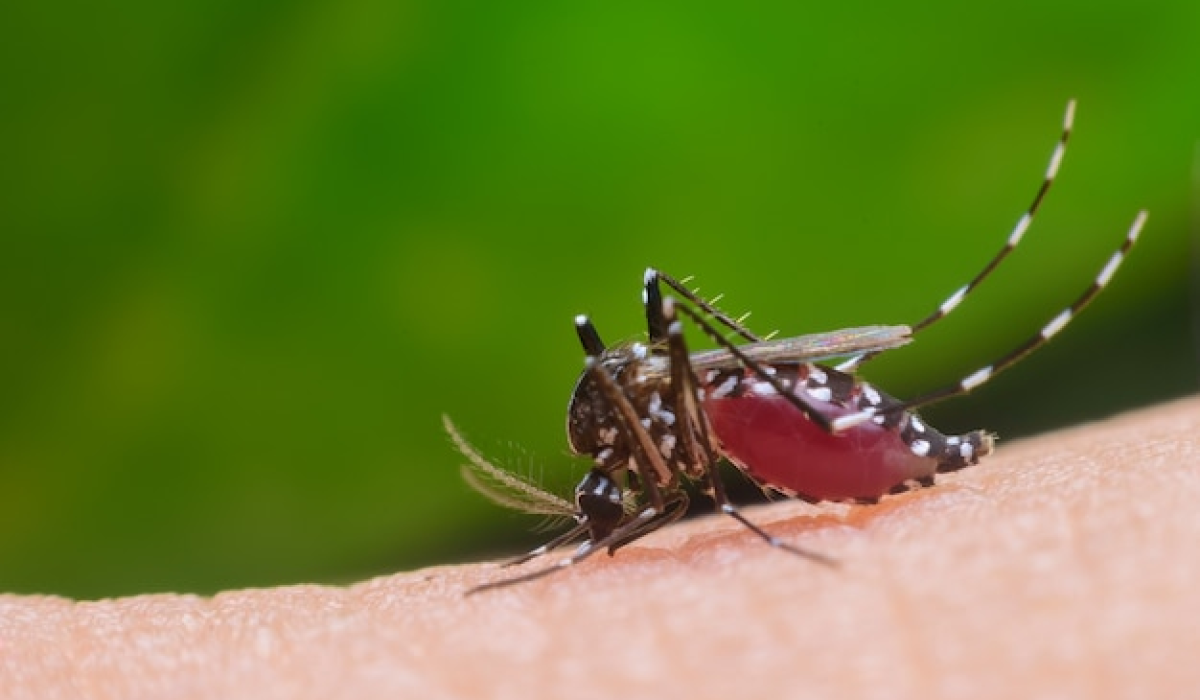Dengue fever is a widespread illness caused by a virus carried by mosquitoes, specifically the Aedes type. These mosquitoes thrive in warm, tropical areas and often bite during the day. As the Aedes mosquitoes feed on human blood, they can spread the virus from person to person. This transmission cycle can happen very fast, especially in densely populated cities where standing water provides breeding spots for mosquitoes.
The primary cause of dengue fever is being bitten by an infected mosquito. Once bitten, the virus enters the human bloodstream, leading to the disease’s onset. This is a significant reason why reducing mosquito populations is vital in controlling the spread of the disease. Additionally, climate change is making matters worse. Warmer temperatures and altered rainfall patterns are increasing the habitats suitable for these mosquitoes, thereby escalating the number of cases worldwide.
Dengue fever has a massive global impact. Each year, millions of people are infected, with cases documented in more than 100 countries. As global prosperity and urbanization increase, so does the risk of dengue becoming a more severe problem. The rise in travel and trade also means that an outbreak in one part of the world can quickly become an international concern. This highlights the importance of finding effective dengue prevention strategies and ensuring that communities worldwide are informed and equipped to handle outbreaks.
Spotting the Signs: Early Symptoms and Potential Complications
Recognizing the early dengue symptoms is crucial for timely dengue treatment. Those infected usually experience a sudden high fever that can reach 104°F. Along with fever, people often report headaches, pain behind the eyes, extreme fatigue, and joint and muscle pain. These are some of the most common dengue signs. Some might also notice rashes on their skin or swollen glands.
Early detection is vital because it allows for effective treatment to dengue fever. It helps manage symptoms better and reduces the risk of the condition worsening. Most people recover within a week, but swift action can significantly help in improving recovery time.
If left untreated, dengue can lead to severe complications. The transition from mild dengue fever to severe dengue can result in symptoms like bleeding under the skin, frequent vomiting, and difficulty breathing. Severe dengue can be life-threatening, making immediate medical attention essential.
Because of these potential complications, being aware of how the disease presents itself is crucial. Fortunately, with the right care, severe symptoms can be prevented. Making people aware of the importance of early recognition can aid in faster recovery and fewer hospitalizations, which are essential outcomes in areas struggling with healthcare resources.
Effective Dengue Treatment and Public Health Initiatives
When considering dengue fever medication, it’s important to know there’s no specific cure, but supportive care can help. This includes plenty of fluids, pain relief medications, and rest. It’s crucial to avoid using aspirin or non-steroidal anti-inflammatory drugs as they could worsen bleeding.
In some regions, doctors encourage paracetamol for fever and tablets for dengue to manage discomfort. However, always consult healthcare providers since the wrong medication can sometimes lead to complications.
Innovative research is always underway to improve treatment to dengue fever. Scientists are tirelessly working on vaccines and other treatments that could offer more effective relief and prevention in the future. These efforts are crucial as they represent hope for better outcomes.
Public health initiatives are equally critical in combatting dengue. In countries like India, governments play a vital role in launching campaigns that aim to diminish mosquito breeding and educate the public about dengue prevention. Steps such as fogging and community clean-up drives are common. These efforts underscore the importance of community participation in health campaigns, emphasizing that the task of reducing dengue is a shared responsibility.
Empowerment and Protection: Myths, Facts, and Prevention Tips
There are many myths about dengue treatment and its spread. Some believe that once you catch dengue, you are immune for life, which is not true. Dengue can infect a person more than once, with subsequent infections sometimes being more severe.
To prevent dengue, understanding the facts is necessary. Here are some dengue prevention tips:
- Use mosquito repellent: Apply it on skin, clothing, and bed nets.
- Wear long-sleeved clothing: Covering up can reduce the chance of being bitten.
- Keep areas clean: Ensure no standing water is around your house to prevent mosquitoes from breeding.
- Use screens and nettings: Keep mosquitoes outside through protective barriers on windows and doors.
Effective dengue prevention often comes from community collaboration. It’s important for neighborhoods to work together, sharing resources and knowledge to keep each other safe. Communities that engage in routine clean-ups and mosquito monitoring can greatly lower their risks. By collaboratively tackling dengue, societies not only improve their own health outcomes but also create a safer environment for everyone.
In conclusion, recognizing the impact of dengue requires understanding its symptoms, treatments, and effective prevention strategies. Continued awareness and informed action are the keys to reducing the global burden of dengue fever.
